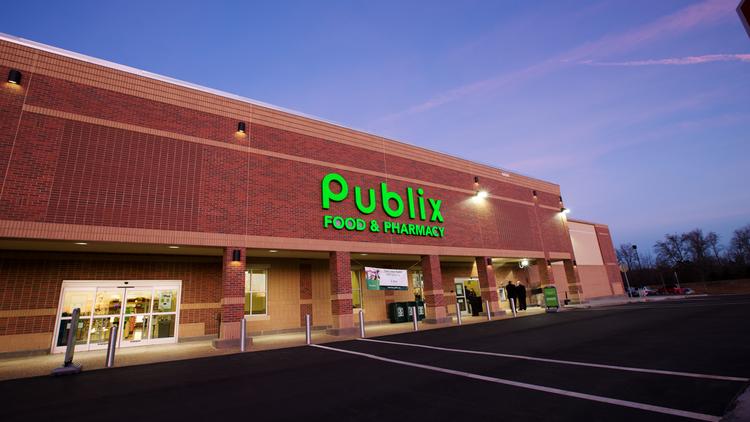The $1.37 billion sale of Save-A-Lot to a private equity firm marks the second deal of its kind in 2016 alone — and there's likely more to come, creating both challenges and opportunities for Publix Super Markets Inc.
Supervalu Inc., based in Minneapolis, this week announced plans to sell Save-A-Lot to a Canadian private equity firm. In March, another private equity firm announced it would acquire The Fresh Market, based in North Carolina.
Rumors have swirled for weeks that Kroger Co. (NYSE: KR) might buy Whole Foods Market Inc. (NASDAQ: WFM) — though most analysts scoff at the idea. A Kroger acquisition that seemed more realistic — buying Walgreens and Rite-Aid stores as a result of that merger — now seems less likely.
But the retail business is changing rapidly, and the deals that do come to fruition in the next five to 10 years have the potential to completely reinvent the grocery landscape. Lakeland-based Publix is already working to capitalize on the aftereffects of one merger to expedite its expansion in Virginia, with plans to buy 10 Martin's Food Markets stores in the greater Richmond area. Those stores are being sold as a result of Martin's parent company, Ahold USA Inc., merging withDelhaize Group.
"Honestly, at this point in the game, you either need to be an acquirer or there's the potential you get acquired," said Brian Yarbrough, a retail analyst at Edward Jones & Co. in St. Louis. "That’s where we are in the cycle."
Yarbrough foresees much of that activity taking place in the organic and natural grocery category — there's an "explosion" of new concepts and growth in that realm, he said. Sprouts Farmers Market (NASDAQ: SFM), Earth Fare and Lucky's Market are all growing rapidly throughout Florida and in the Tampa Bay region.
"You’re going to see consolidation," Yarbrough said, "as some of these players realize it’s not as easy to become Whole Foods as it was 15 years ago."
Some of those moves mean stiffer competition for Publix. Earlier this year, Kroger announced it was backing Lucky's — a deal with multiple consequences for Publix. With the financial horsepower of Kroger behind it, Lucky's can expand faster and snag market share from Publix throughout Florida.
The relationship also has the potential to make Kroger a more formidable competitor to Publix, if it strengthens Kroger's grip on the organic and prepared foods categories, where Lucky's excels.
Fresh Market, too, could become a more relevant competitor under the private equity firm. This week, Fresh Market announced a rebranding campaign and focus on lower prices that will begin in its hometown of Greensboro, North Carolina, and eventually be rolled out nationwide.
While Publix is in a great position financially — its cash on hand was in excess of $300 million at the end of the second quarter — it doesn't traditionally acquire other chains. It typically buys blocks of stores, like the Martins' deal in Virginia or its $500 million purchase of 49 Albertsons stores in Florida in 2008.
Some mergers will benefit Publix, if it can snap up the stores spun off as a result. In addition to the Richmond area, Publix is also looking at sites in the Washington, D.C., metro.
As a middle-market grocer, Publix is in a tough spot, Yarbrough said.
"It's never been a very great industry," Yarbrough said. "It's low margin, it’s cutthroat and it’s difficult when you’re in the middle. And it's only going to get more difficult."
But Publix is already doing some of the things Yarbrough listed as ways to stand out in the grocery business: A focus on customer service, differentiated products and a focus on private label items that shoppers can't get anywhere else.
"If you’re not hard core discount or not high end, you better be looking online and at differentiated product offerings," Yarbrough said.
Prepared foods — from takeout favorites like pizza and Asian dishes to meal kitsto grab-and-go items — are a major differentiator right now, alongside online shopping and delivery services.
"You've gotta be thinking outside the box," Yarbrough said. "Just because [something] worked 10 years ago doesn’t mean it works today. It's never been a very great industry — it's low margin, it’s cutthroat and it’s difficult when you’re in the middle. And it's only going to get more difficult."

No comments:
Post a Comment